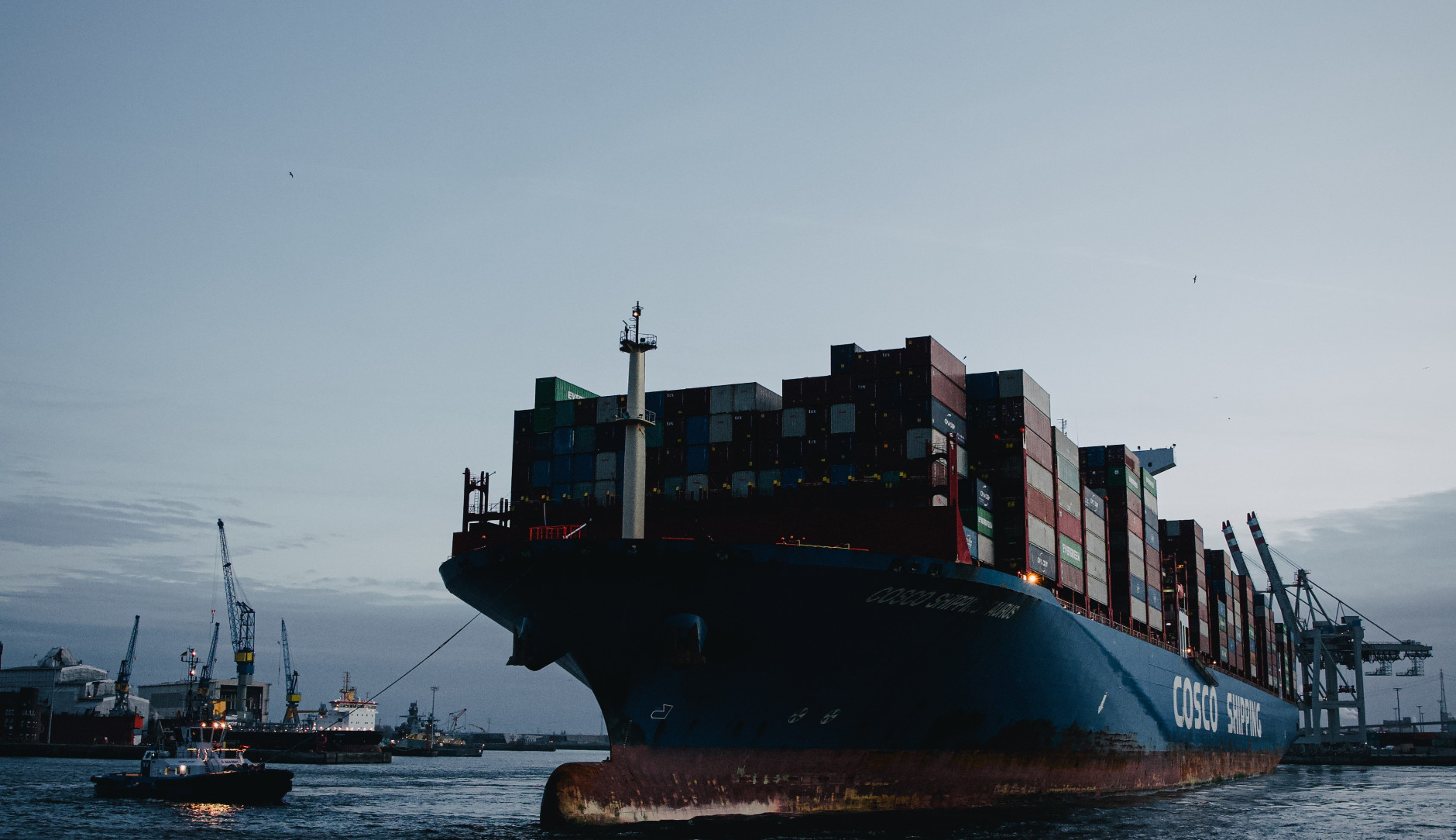Part sale of European Infrastructure: One small step for Olaf Scholz, one giant leap for China’s silk road
Volt continues to criticise plan to give Chinese state-owned company stake in the port of Hamburg.

November 4, Hamburg — In Hamburg, Volt continues to criticise plans to sell parts of the Port of Hamburg to the Chinese state-owned group COSCO against direct recommendations of six ministries and despite national security warnings. With its participation, China threatens to gain direct insights into strategies, data and customer relations of the terminal operator HHLA — and thus indirectly exert influence on the shaping of policy.
Even with the latest decision and compromise by Germany’s Chancellor Olaf Scholz containing a supposedly minor equity investment of 24,9% instead of the targeted 35% the legitimate fear of even more dependencies on an undemocratic state as currently represented by China rises for Europeans. Several examples of other comparable projects from Chinese state-owned companies in buying European assets already gave us a clearly negative impression on what can happen in the future.
When COSCO took charge of Terminals II and III in Piraeus in 2008 under what was initially a harmless license agreement, no one could foresee that in 2016 its shares would jump to 51% and have since been increased by a further 16%. Although political influence is usually difficult to prove, many found it highly alarming when, one year later in 2017, the Greek government blocked a planned joint declaration by the 28 EU states condemning the human rights situation in China with the reason that the planned resolution would constitute ‘non-constructive criticism of China’. Praise from Beijing for this ‘correct stance’ came promptly.
Critical infrastructure must not be allowed to enter the sphere of influence of a country that regularly uses economic dependencies for political blackmail and does not allow even foreign companies to participate. The planned participation in the maritime Silk Road consistently follows the “Great Belt” strategy, which increases the dependence of international production chains on China — and is unacceptable against the background of the Uyghur genocide, Hong Kong’s security law and threats of war on Taiwan.
Experts have been warning for years that China poses a significant threat to Europe’s security and interests, most recently prominent at the intelligence hearing in the Bundestag on Monday, Oct 17th.
Therefore, Volt calls on the government to follow the recommendation of the ministries and reject a stake in the terminal CTT. Hamburg’s parliament and members of the Bundestag should take an equally clear position against a sale.
Volt proposes developing a European port alliance in response to the stagnating goods throughput in Hamburg and the strategic challenges. Volt had already presented proposals for this with a focus on climate protection and competitiveness for the first time in 2020 for the mayoral election in Hamburg. Furthermore, Volt recommends establishing a Silk Road Dialogue at the European level, which prevents a division of European interests.
Sören Horn, Vice President of Volt in Hamburg: “Chinese policy follows one guideline — the world must be dependent on China — but China not on the world. We see the future of the Port of Hamburg in close cooperation with our other European ports — from Rotterdam, to Le Havre, to Valencia and Genoa. It would be naive to believe that an investment initially communicated as a minority stake would have no impact — current and past projects show that this would only be the first step towards a dependency that especially in today’s experiences with undemocratic states would be incompatible with our future claims on human rights, intercultural cooperation, and open and free world trade”.
This article is authored by David Joon.